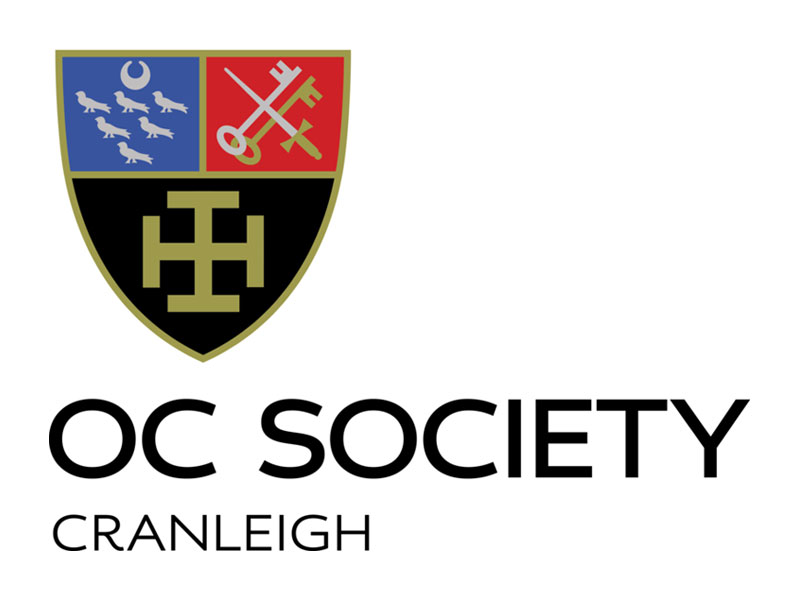On May 8th 1945 Germany and its remaining allies surrendered and the war in Europe came to an end. To mark VE Day celebrations were held all over the country and Cranleigh was no exception.
In November, 1918 there had been no party at the School; an outbreak of Spanish Flu meant all boys had been sent home a few days before. But in 1945 the summer term had only just started and the sense of excitement was universal.
The news of the surrender had been expected for a few days and bonfires had been built on village greens across the country by the time the official announcement came at 8.15pm on May 7 that the terms had been agreed by the German High Command and would be signed the following day. As boys listened in their houserooms on the radio “such cheering broke out as may never be heard again”. Although prep continued “no more work was done … a surprising number of flags appeared out of study windows, East contributing a large black Swastika hung upside down”.
After prayers the Headmaster visited all the dormitories and announced that School would end early the next day and until the King’s broadcast to the nation at 9.00pm the boys would be free to do as they pleased. After the speech, the boys would be allowed to head to the village to join in celebrations there.
The next afternoon boys headed to all parts, with the usual boundaries ignored. Some boys took the chance to visit pubs, many offering customers a free pint to mark the occasion, but a blind eye was turned. Some even headed to Guildford, with a few catching trains to join in the celebrations in London. David Cooper () made it that far and was able to witness the procession of MPs, headed by Winston Churchill, as they made their way for a service of thanksgiving in Westminster Abbey (click here for a full account).
Everyone managed to make it back to Cranleigh by the due time. “We went back to the houserooms for call over and in time to listen to the King on the radio,” Bryan Wordsworth said. “In 1 North a boy in one of the toyes was asleep when the National Anthem was played; woken roughly to show proper respect he shot up and laid himself out by hitting his head on his locker and was then left until after the speech when he was brought round with some cold water.”
Then the school poured down to the Village to watch as a torchlight procession wound the length of the High Street to the bonfire on the Common. “The flickering, waving lights were an impressive sight in the falling dusk as the long snake with the band playing made its way,” Ex Cultu Robur, the School’s account of the war, stated. “The glare of the bonfire lit up all the houses round about and shone on their flags with ruddy fierceness. The Swastika, silhouetted on its summit, fell with a crash into the flames as cheers rang out, and fireworks and crackers shot into the air. At length the school tore themselves away from their dances and their celebration pints and trudged up the road to bed.”
Others recall the party continued. “It was a fairly riotous night,” Wordsworth said. “with Monty Aldridge [the second master] doing his normal night patrol armed with a suitable flexible piece of wood.”
